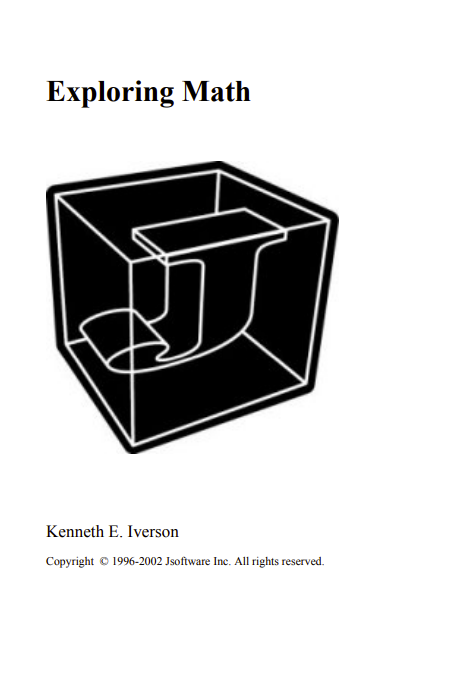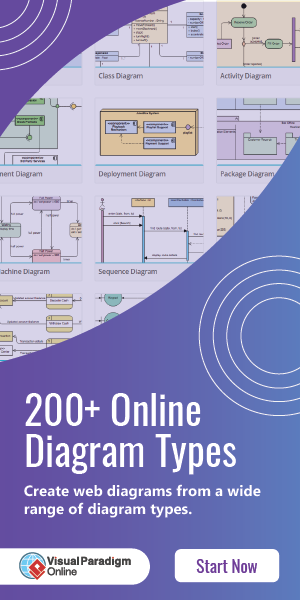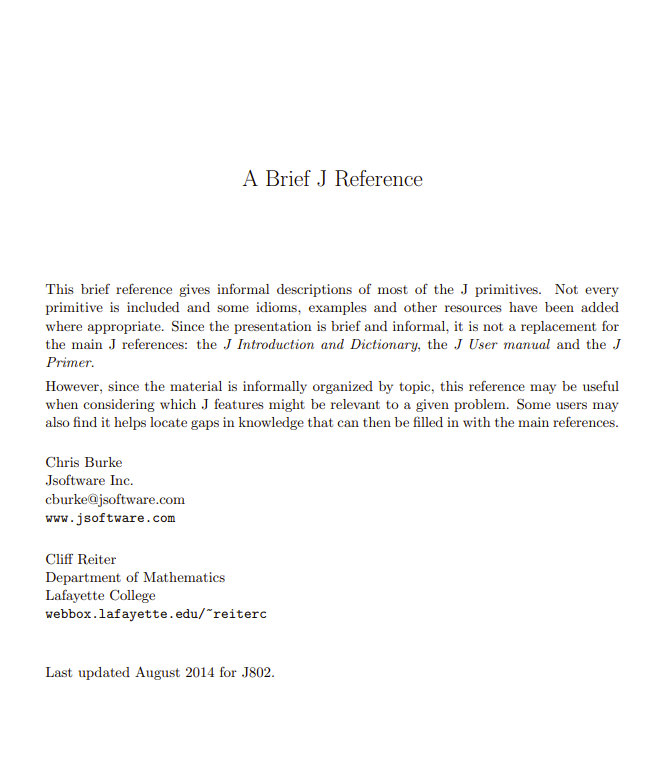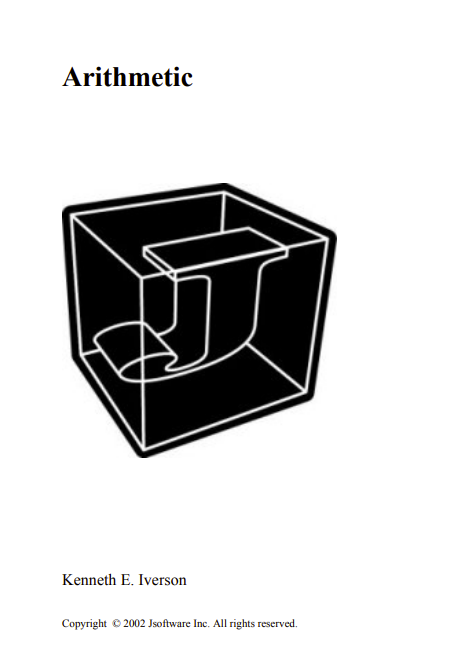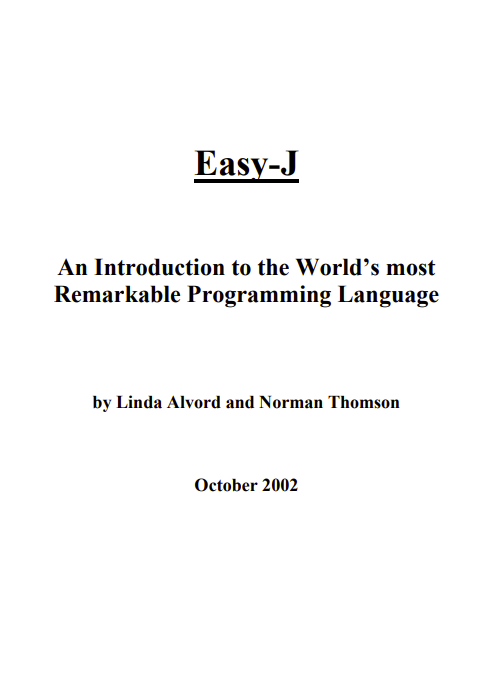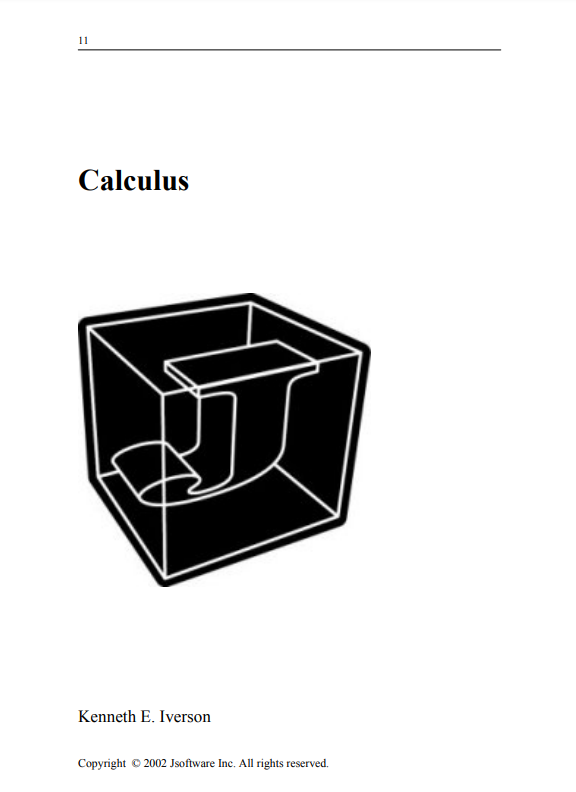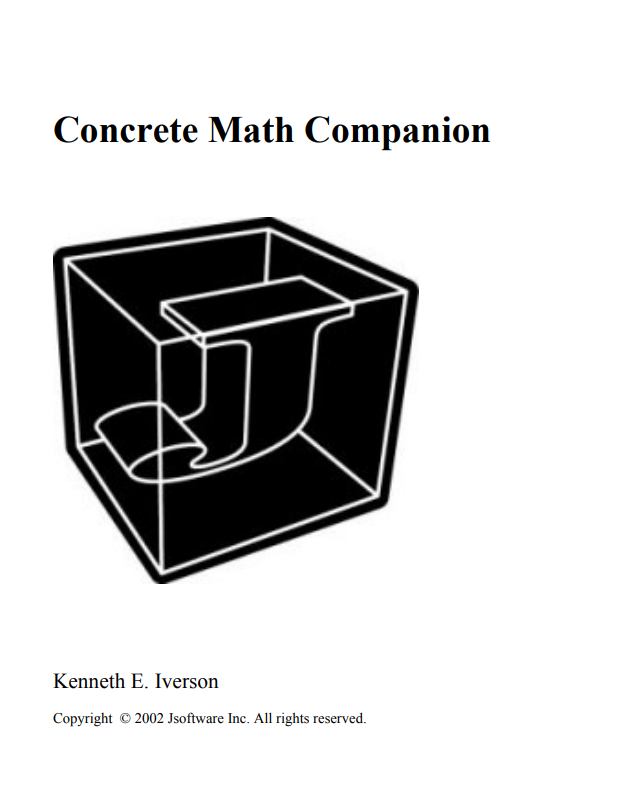Exploring a city or wild park on foot is more fun, and often more instructive, than studying it in books, lectures, or pictures. A map or other guide may be helpful, but it is important to be able to experiment, choosing your own path, and approaching points of interest from various directions. This can give you a sense of the lay of the land that is more useful, and more lasting, than any fixed tour of “important points” laid out by someone else.
Matters other than landscapes may also be explored, effectively and enjoyably. For example, to learn about clockwork, begin not with diagrams and discussions of balance wheels, springs, and escapements, but rather with an actual old-style, wind-up alarm clock. Explore it by first finding what can be done with it. Can you: reset the time? make it run faster? stop it? or reset the hour hand independently of the minute hand?
Having learned what it can do, explore the matter of how it does it, by removing its cover, studying the works, and finally taking it apart and reassembling it. You may, of course, not be skillful enough to get it working again.
Exploration can also be applied to other devices that may be more interesting or more easily available to you: toasters, typewriters, electrical toggle switches, or door locks. But do not forget your own safety—danger lurks in electrical devices as well as in wilderness parks. Finally, in choosing a device for exploration, favour the older models: modern typewriters and digital clocks may be totally inscrutable. At least one author (Ivan Illich) has claimed to see a sinister motive in this, claiming that modern design is deliberately inscrutable in order to keep ordinary people like us in ignorance.
But can exploration be applied to abstract, non-physical notions such as math? Yes it can. With an ordinary hand calculator you can explore the relation between multiplication and addition by using it to multiply two by three, then to add two plus two plus two, and then comparing the results. If the calculator has a button for power, you can even explore that less-familiar notion by doing two to the power three, and comparing the result with two times two times two.
